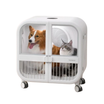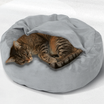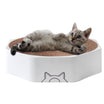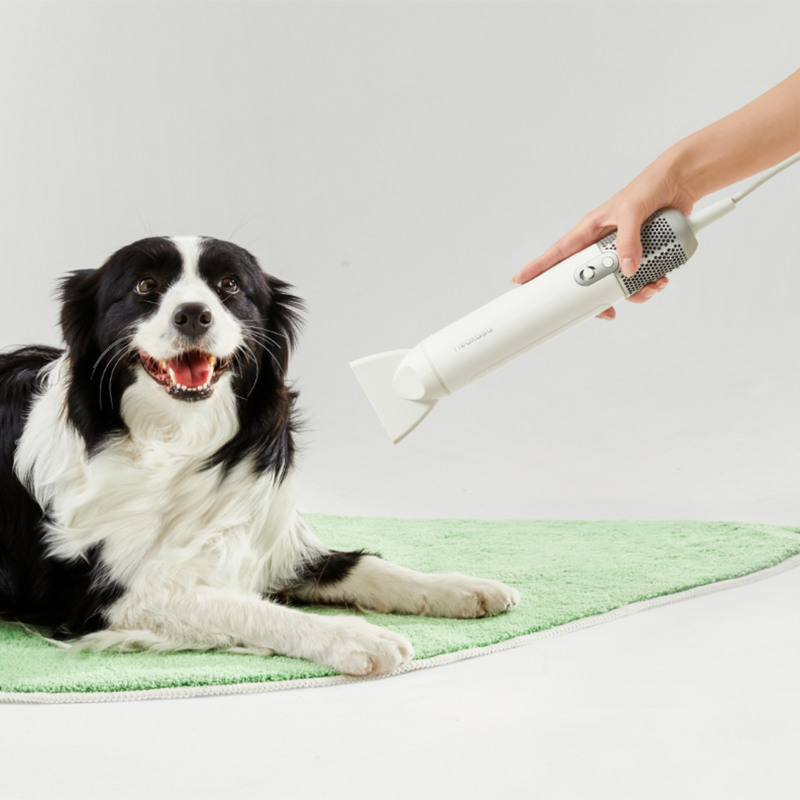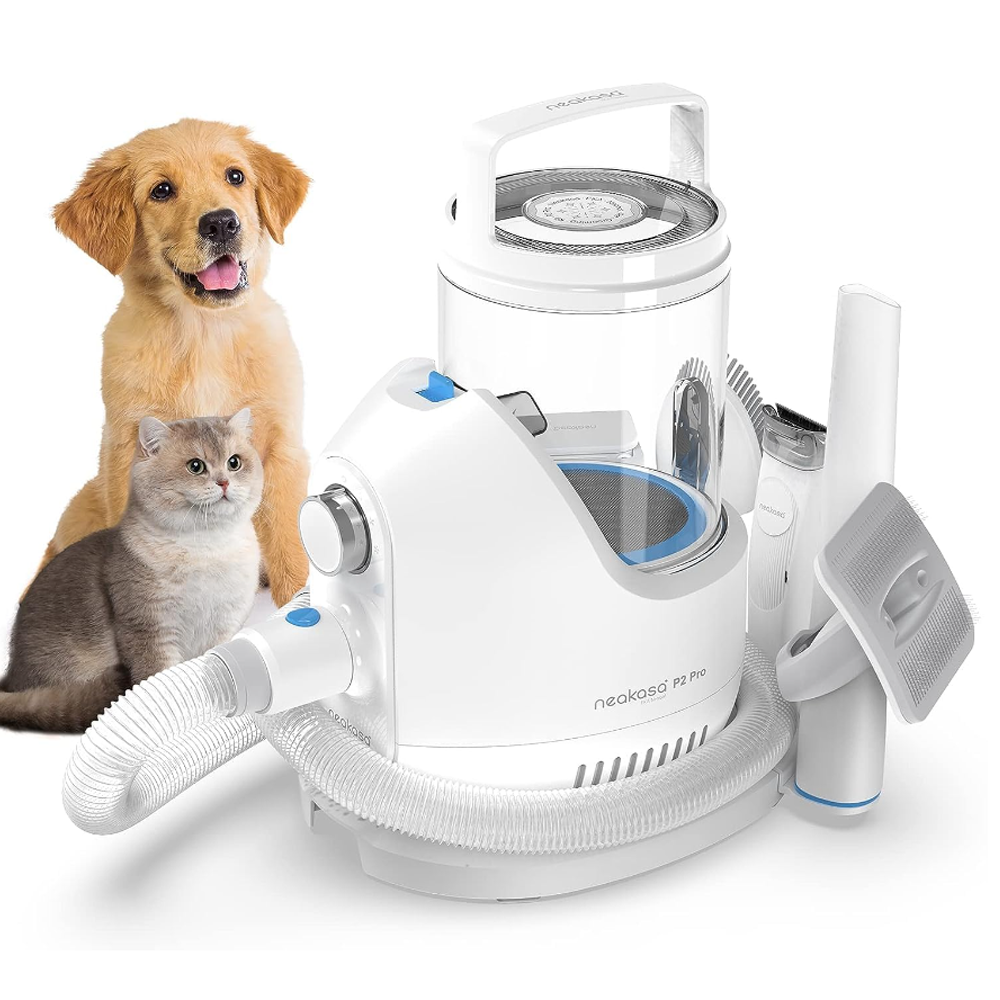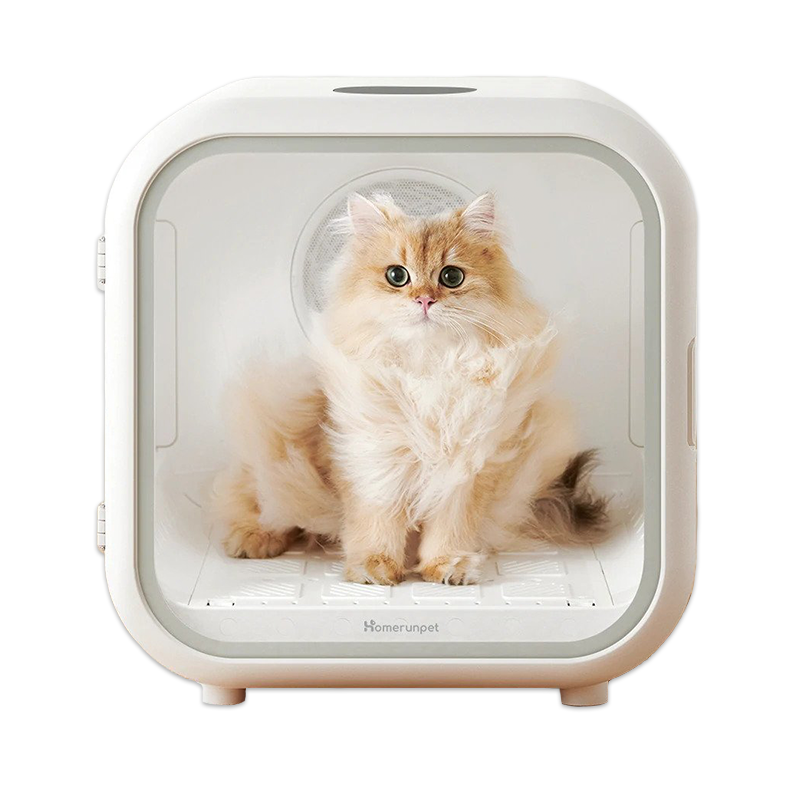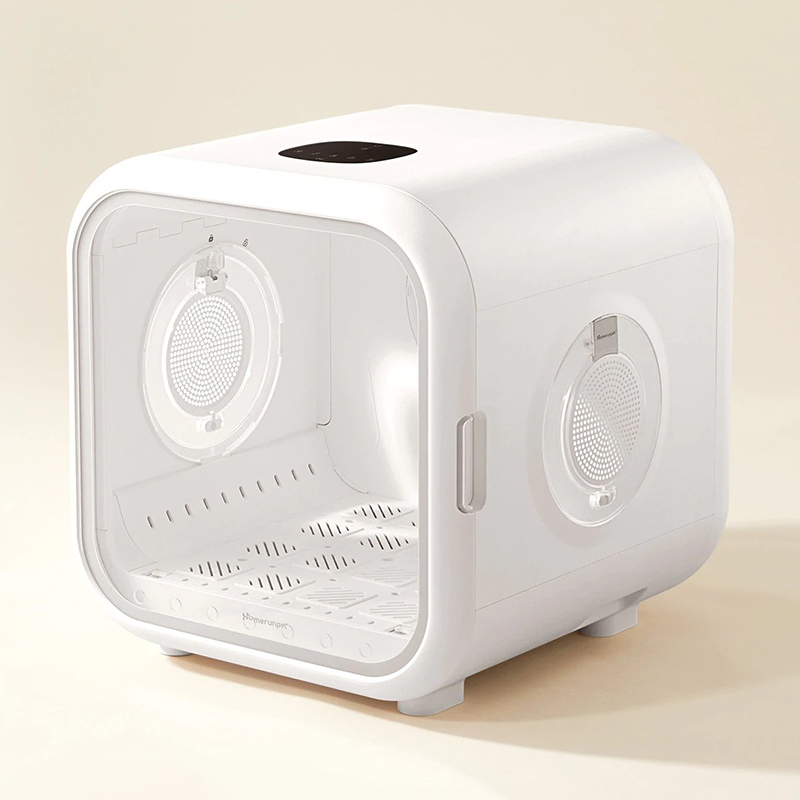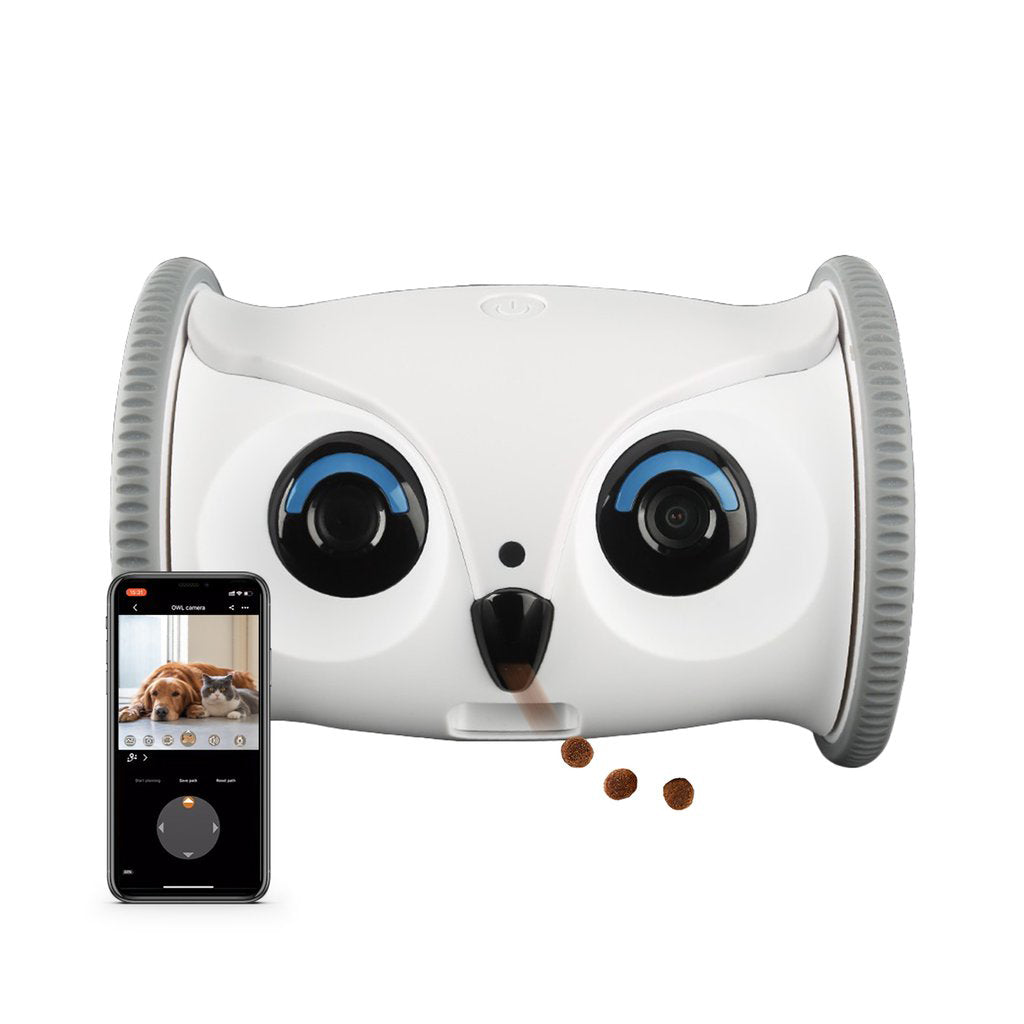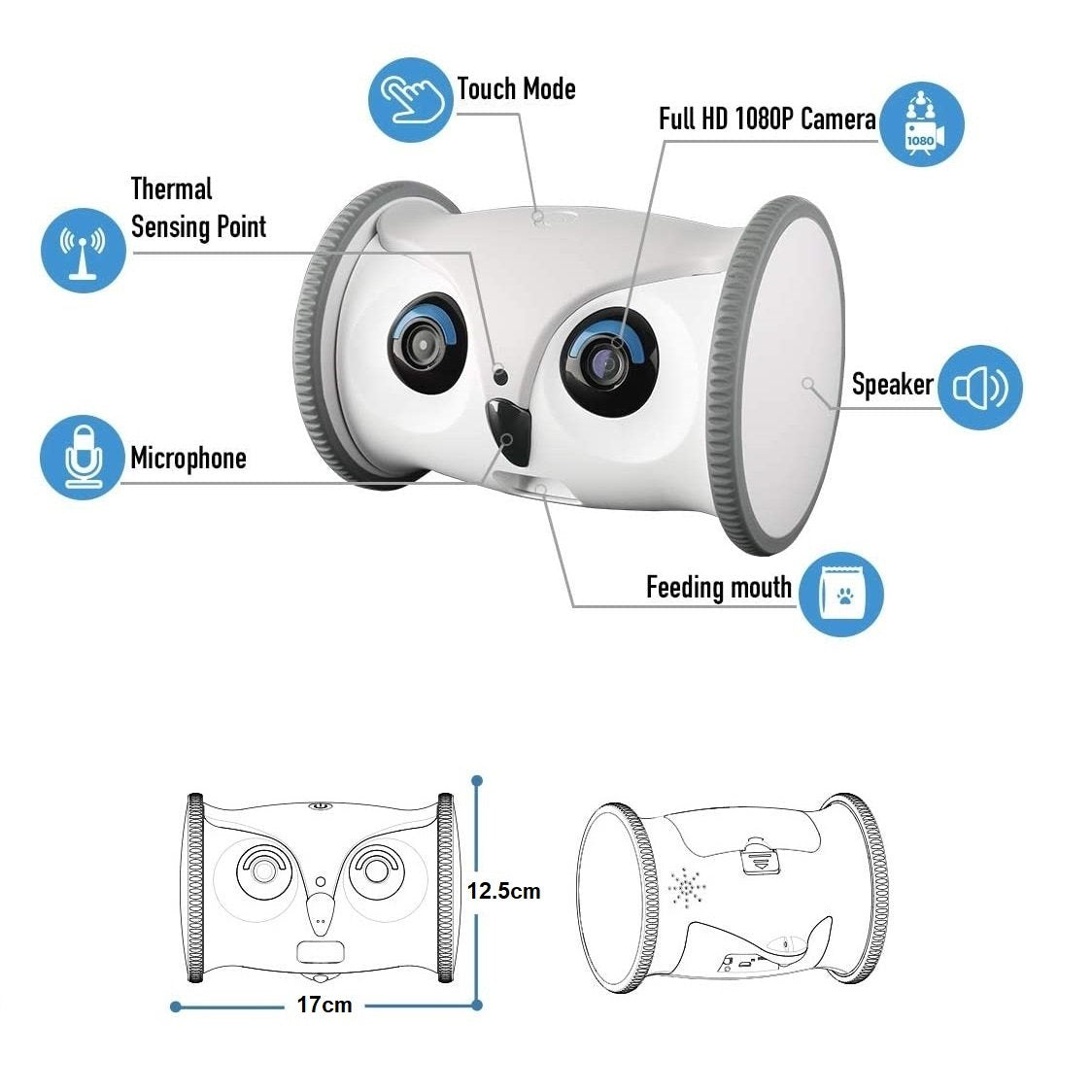Does your fur baby's strange sleeping habits concern you or maybe you're just curious about it?
Like us humans, pets have their own unique sleeping habits too. There are also things that may be surprising to learn just like how much sleep your pet actually needs, different ways that different pets sleep, and some facts about your pet's strange sleeping behaviors. Your pet's sleeping habits are a window into their mind. These interesting facts about your pet's sleep will give you a better understanding of what they're thinking and feeling while they snooze away the day.
Check out our list of ten interesting facts about your pet's sleeping habits:
1. Pets sleep an average of 12-16 hours per day
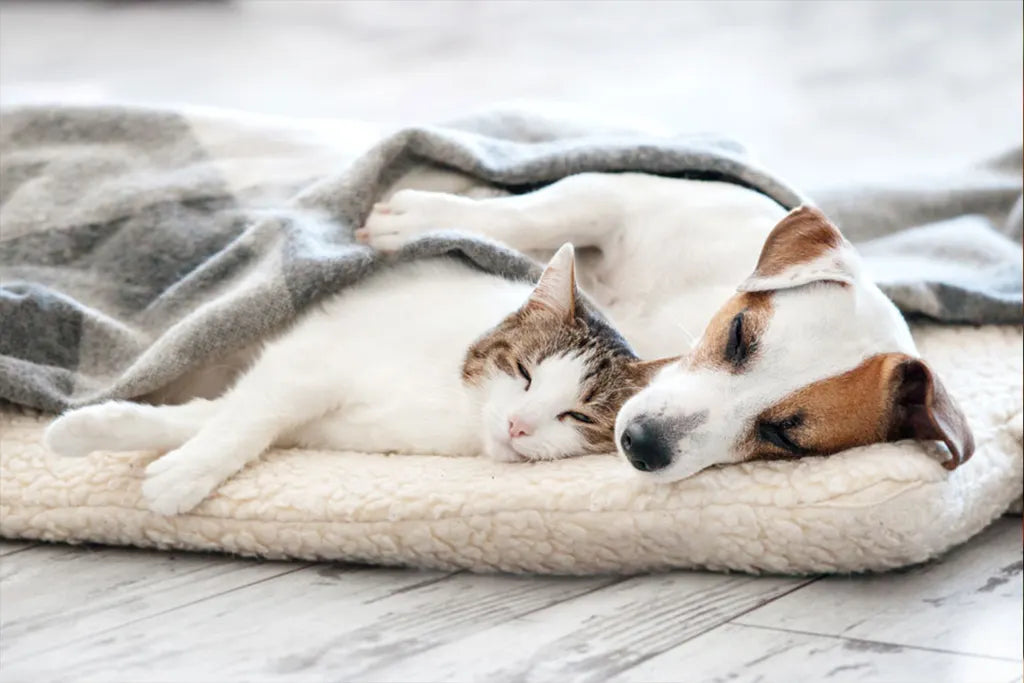
Dogs typically sleep for 12-14 hours a day, while cats usually sleep for 16 hours a day. Puppies and kittens usually take more naps than adult pets for up to 20 hours and senior pets often sleep soundly too on average 18-20 hours. Interestingly, pets' sleeping habits are also often impacted by their human companions. If you're active late at night, your pets will likely be up and about later as well. Pets also have different sleep personalities. Some are restless and active throughout the night, while others are more relaxed and sleepy.
2. Dogs & cats typically sleep in different positions
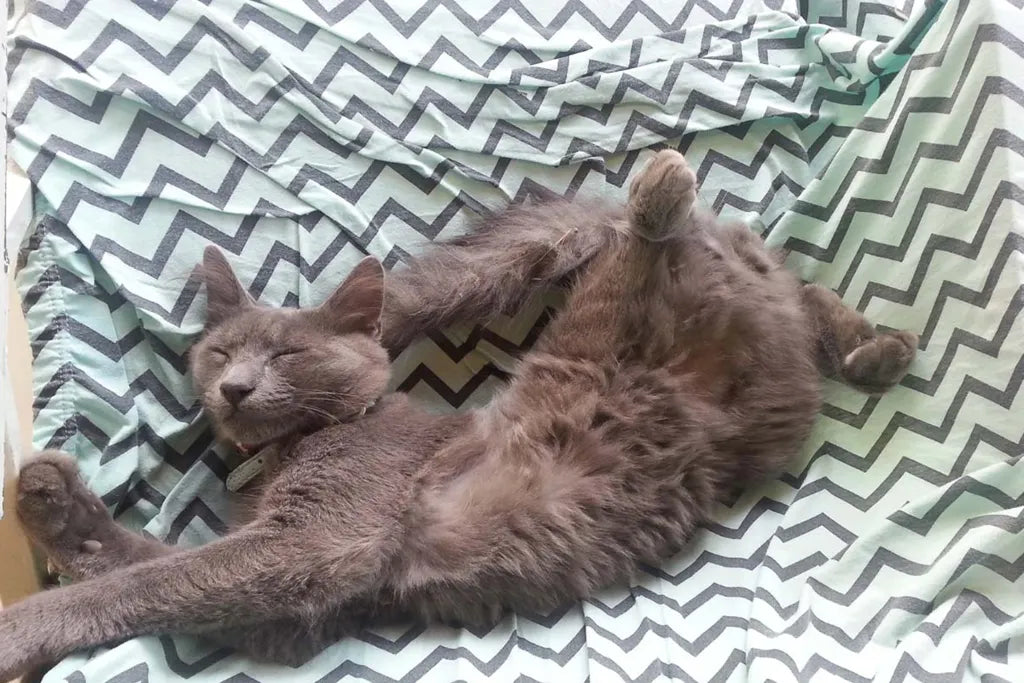
Have you ever seen super weird sleeping positions done by your pets? This mostly depends on their personality, sleeping habits, and the environment they're in as well. Dogs are typically more active when they sleep, and will often move around a lot. They may also pant or twitch in their sleep. Cats, on the other hand, tend to be more relaxed when they sleep, and usually stay in one spot. Some cats even curl up into a ball for extra warmth. When your pets feel safe, they usually tend to show their vulnerable parts like their stomachs without being anxious about it. You should be happy when your pet does so as they feel safe around you!
3. Pets can dream just like humans do
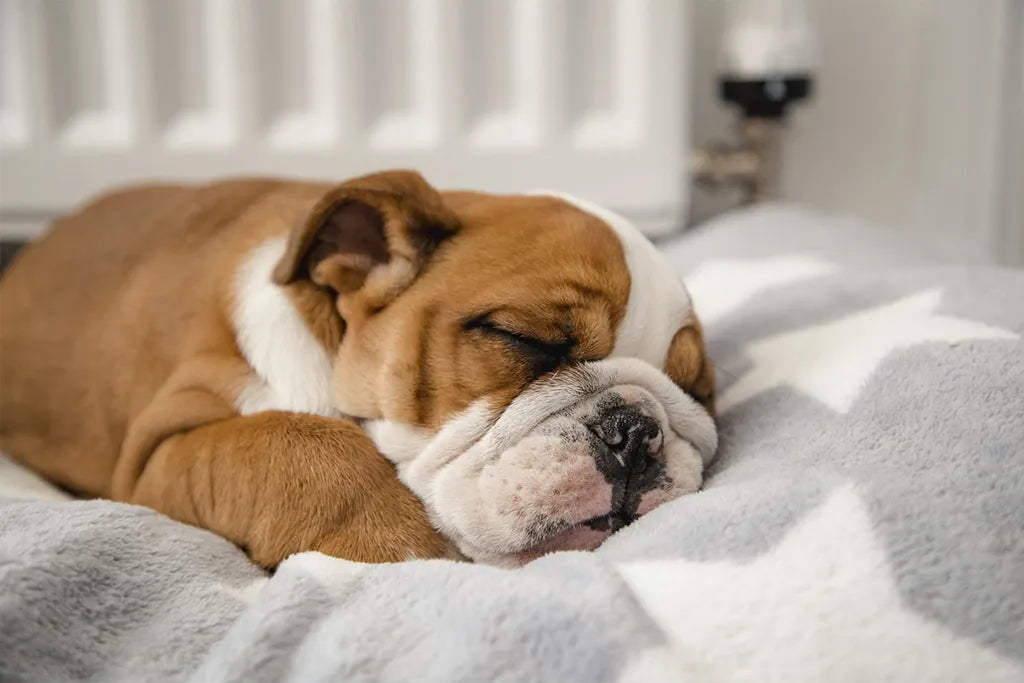
Pets can dream just like humans do. In fact, studies have shown that dogs and cats can experience REM (rapid eye movement) sleep, which is the stage of sleep during which humans typically dream. Pets often move around and make noises in their sleep like whimpers, twitching, grunting, growling, barking, and meowing. Your pet's dreams can be their favorite activities which can include chasing prey, playing with friends, or simply wandering around.
4. Some pets snore while they sleep
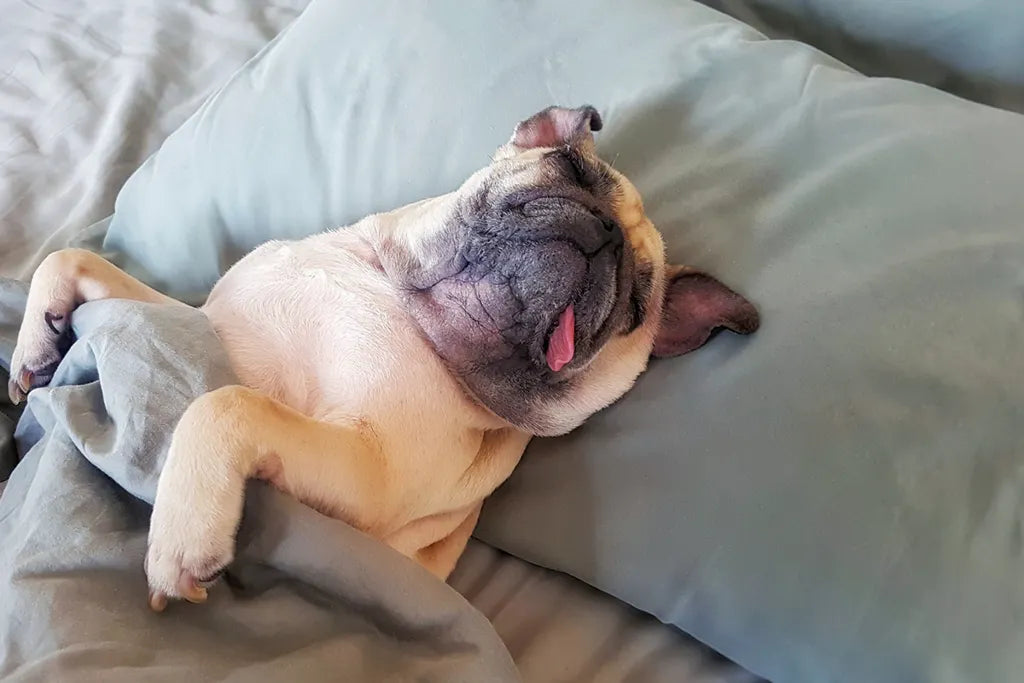
Snoring is often caused by an obstruction in the airway, such as an elongated soft palate, floppy throat muscles, or excess weight around the neck. While the occasional snore of your pet is nothing to worry about, chronic snoring can be a sign of a more serious health problem. Pets who snore may have sleep apnea, a condition in which they stop breathing for short periods during sleep. Your veterinarian may recommend that he or she wear a special device while sleeping to help keep the airway open if diagnosed. If your pet's snoring is keeping you or your family members up at night, be sure to talk to your veterinarian about it. He or she may be able to recommend a treatment plan that will help your pet get a good night's sleep.
5. Pets can suffer from insomnia just like humans do
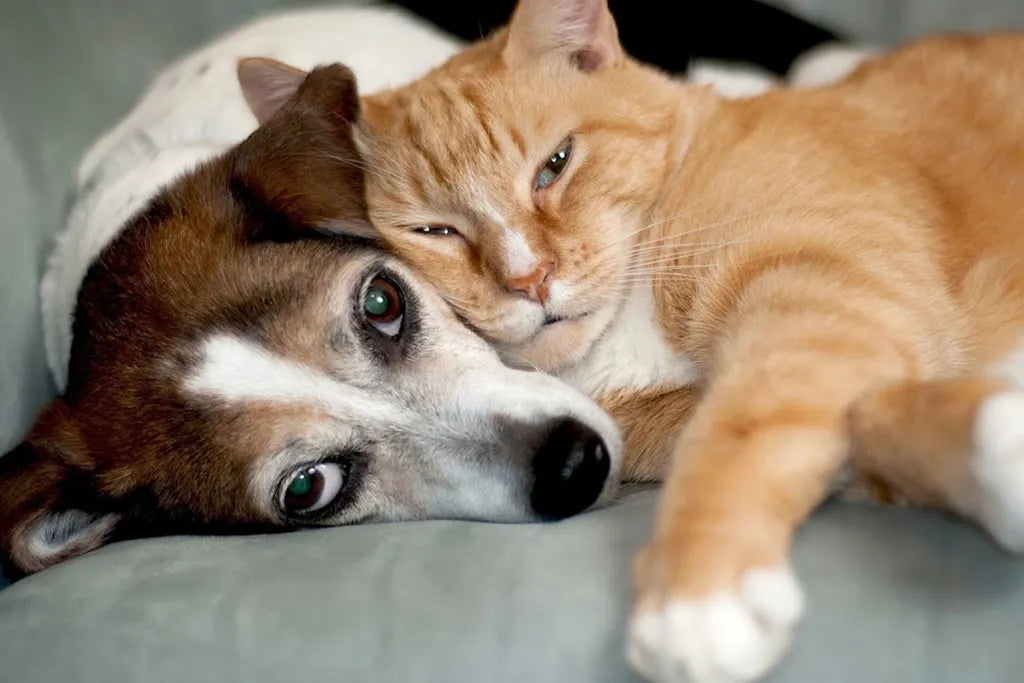
Pets with insomnia may have difficulty falling or staying asleep. The reasons for this vary depending on your pet but reasons can include anxiety, pain, and environmental changes. Pets who sleep more during the day than at night may be doing so because of a health problem too, such as arthritis or heart disease. So make sure you observe your fur babies for some signs that they might be having trouble sleeping at night.
6. Pet's changes in sleeping habits can be a sign of illness
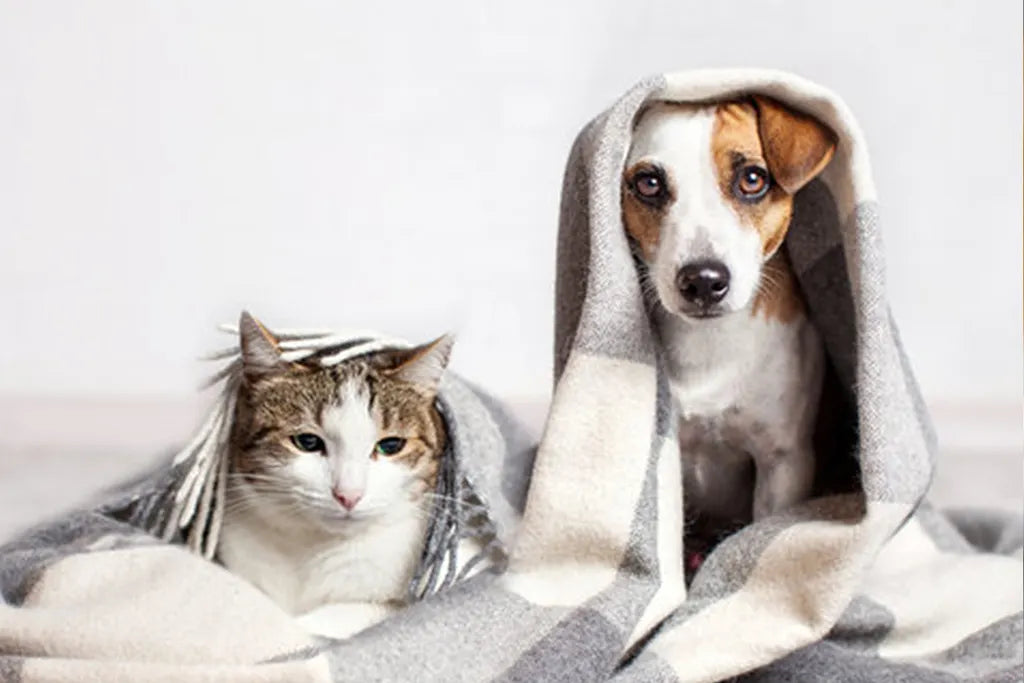
As we humans can sleep more or sleep less when we have a certain illness, our pets do too! Be sure to observe them for a few days as there may be underlying health problems. Make sure to watch any changes in their sleep including the time they sleep, changes in where they're sleeping, whether they sleep too deep and difficult to wake up, snoring, or they might be restless and having difficulty to sleep. If any of these occur for a few days too often, make sure to consult your trusted veterinarian right away!
7. Dogs dig and circle in bed before sleeping
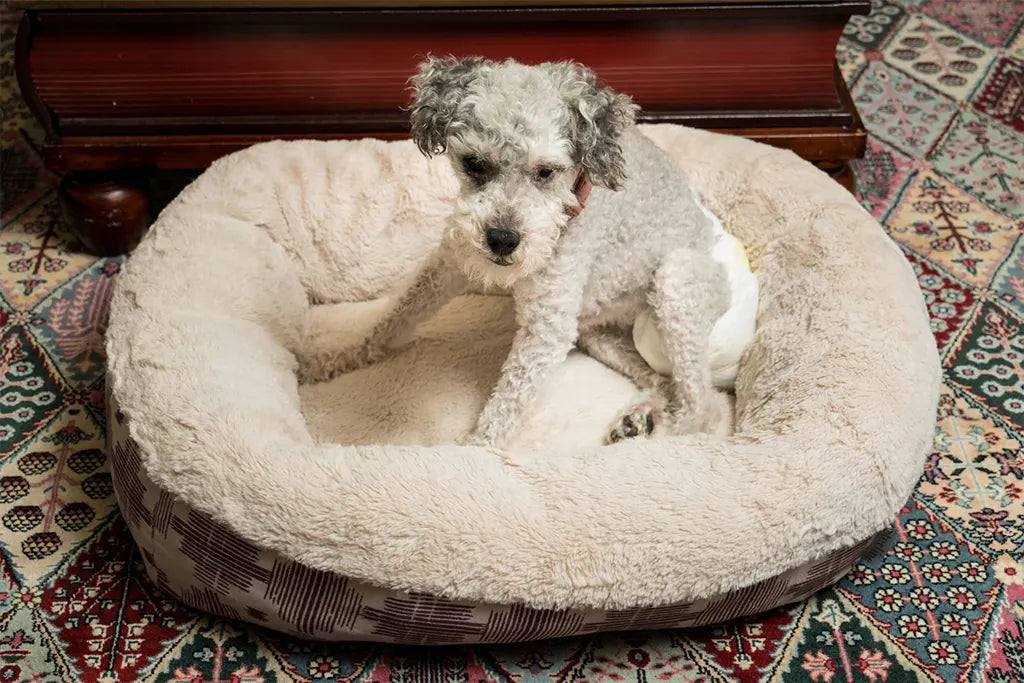
You might've spotted this funny quirk of dogs where they dig and circle around their bed or where they want to sleep before they sleep in it. Dogs are pack animals, and in the wild, the alpha dog would sleep in the center of the pack to show his dominance. By circling and digging in their bed before sleeping, dogs are trying to re-create this natural behavior in their human homes. Other reasons for this behavior is to regulate temperature, marking the bed, and even camouflage as they are trying to hide from predators on their surroundings which they got from their ancestors.
8. Cats covering their face while they sleep
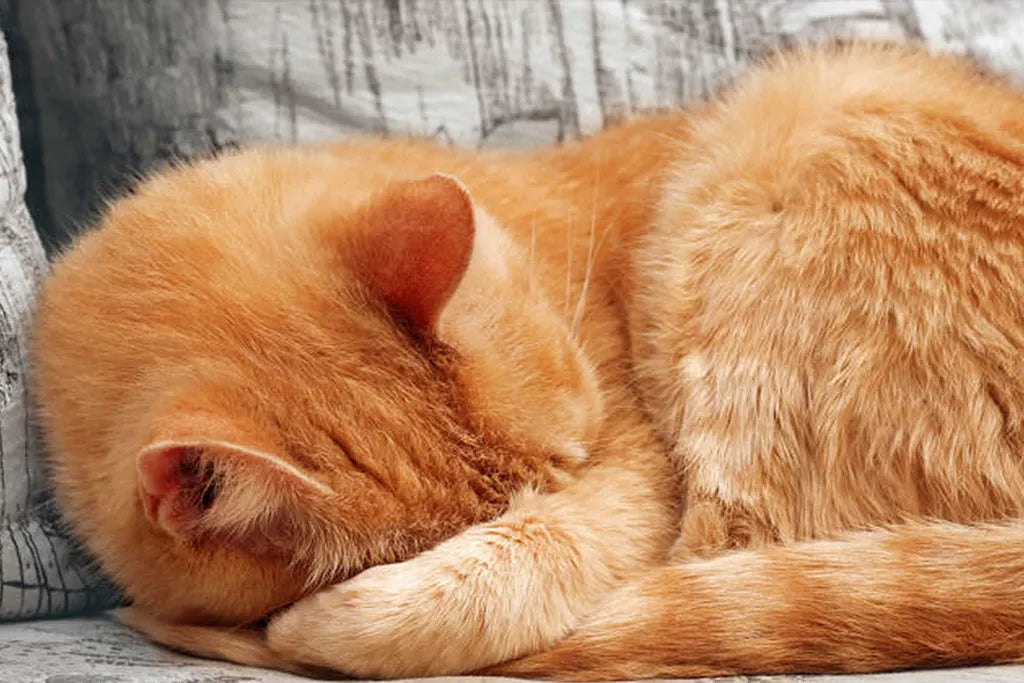
If your cats cover their face while they sleep, there's nothing to worry about as this is a common behavior. By covering their face with their paws, cats experience warmth and coziness. This helps them keep the warmth in their body while they sleep. This also helps block the light from their eyes. Another cute reason is they're actually saying that they don't want you to disturb them while they sleep. They're simply asking for you to leave them alone. Another most likely reason is that it simply makes them feel more comfortable and secure. By hiding their face, cats feel like they are in a safe place where nobody can harm them.
9. Cats can stay alert while they sleep
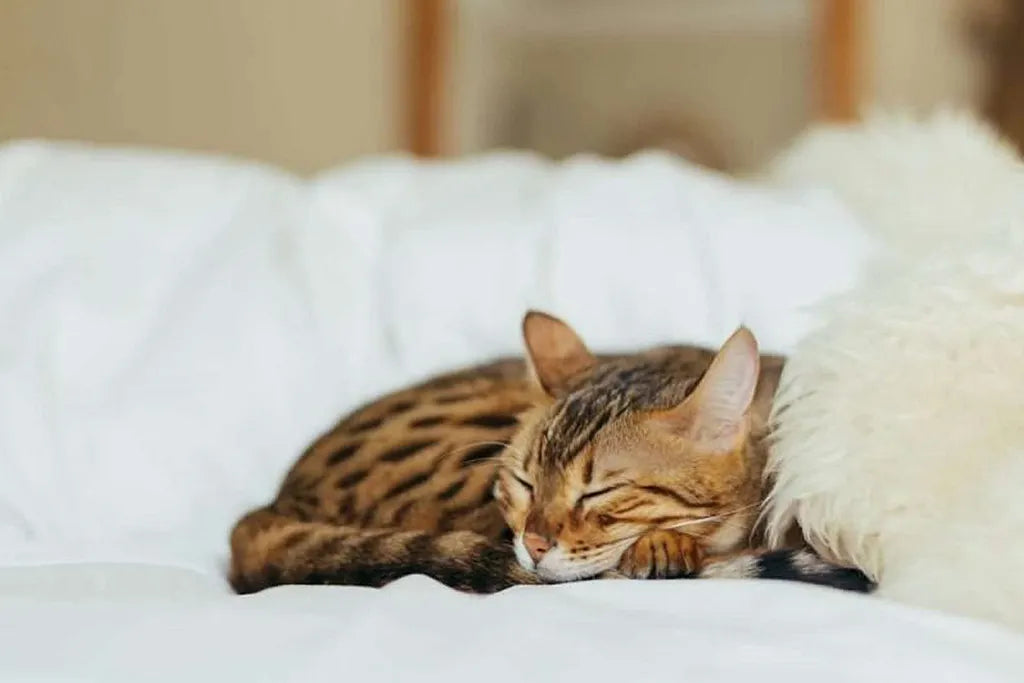
Cats can do this because they can stay partially asleep which helps them to be able to respond quickly to stimuli. Cats can be half asleep but can still feel well rested. They can still notice some smells, noises, and whether danger is near. They choose to do this mostly depending on the environment they're in at the moment. With unfamiliar environment, they tend to be more alert but once they settle in, you'll see them even sleeping showing their belly sleeping so deep that they won't even want to be waken up!
10. Pets who sleep a lot are usually healthier
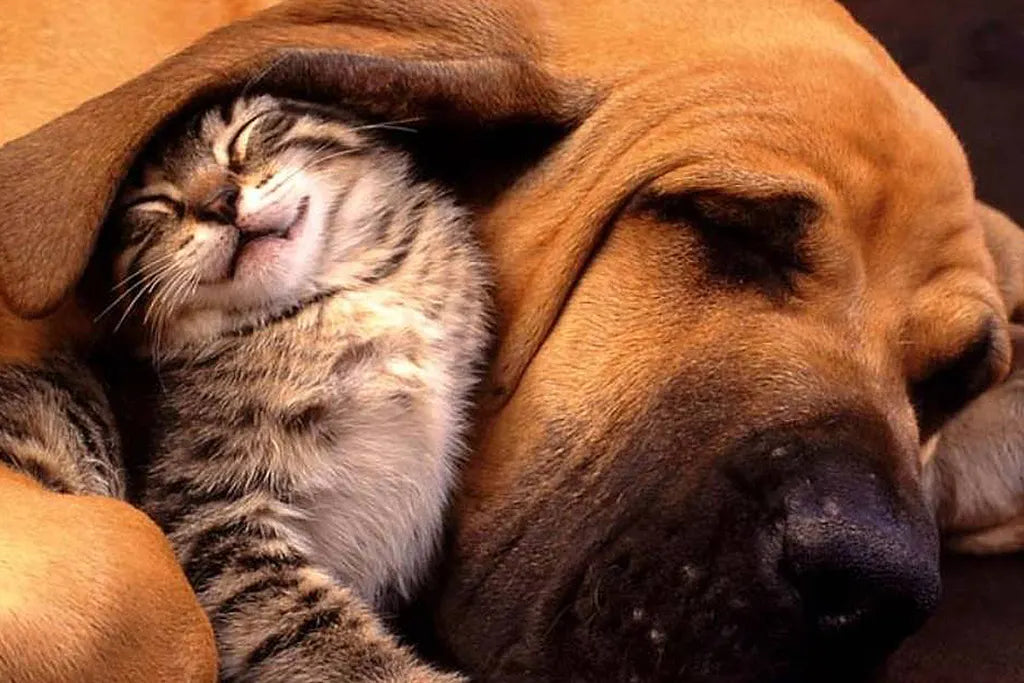
When you notice your fur baby sleeping a lot, there's actually no need to worry right away unless they also show signs of other illnesses. Pets who sleep a lot are usually healthier and have less stress in their lives. This is because they're getting the rest they need to recharge their batteries! As humans, we might've got accustomed to sleeping 7-9 hours so seeing your fur baby sleep a lot for 12-14 hours might seem unusual to you but it is totally normal for them to sleep that long. But if you think that they really might be because of an underlying health condition, there's no harm on bringing them to the vet for a consultation.
Conclusion
It is important that we are aware of our fur baby's behaviors even while their sleeping as it can indicate a lot of things about them! So, what do your pet's sleeping habits say about them? Do you think they're similar or different from your own sleeping habits? We do hope these facts will help you understand your precious fur babies more! By understanding your pet's sleeping habits, you can better accommodate them and ensure they're getting enough rest!
Share this with your fellow pet owners and you can also leave a comment down below about your pet's interesting sleeping habits that might not be mentioned above, we would also love to read them!
Sign up to our newsletter down below & follow us on Instagram @sgsmartpaw to stay up to date with our weekly blog articles!

Rose Hazel San Diego
Hazel loves pets & she has owned cats, dogs, & even hedgehogs! She also fosters cats & dogs in need around her area. With her social media & copywriting background, she gladly shares her knowledge of pets through these articles!
Most Recent Articles

8 Fascinating Chinese New Year 2025 Pet Facts You Didn’t Know in Singapore
Celebrate Chinese New Year 2025 with your furry friends! As we welcome the Year of the Snake, discover 8 fascinating ways pets are part of the festivities in Singapore. From preparing "longevity me...

7 Fun & Festive Ways to Include Your Pets This Chinese New Year in Singapore
Celebrate Chinese New Year 2025 with your furry companions! This festive season, Smartpaw brings you 7 Fun & Festive Ways to Include Your Pets This Chinese New Year in Singapore. From grooming ...
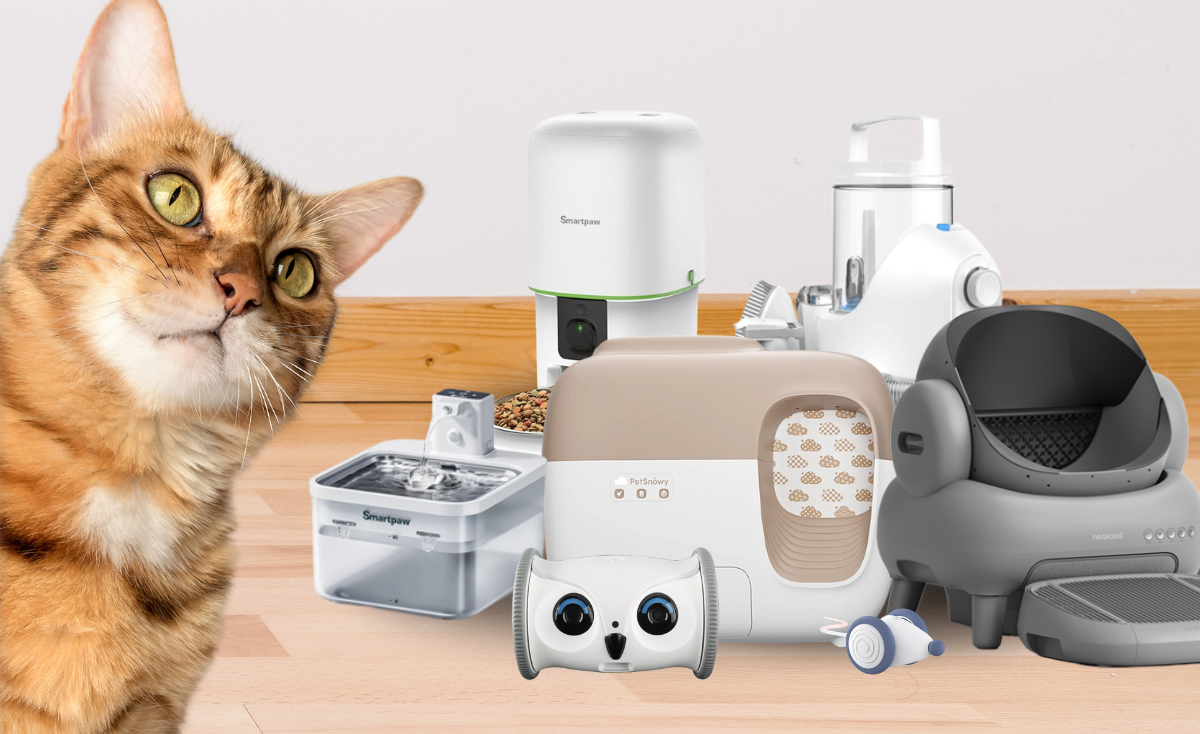
Adopting a Tech-Savvy Cat Care Routine: Beginner-Friendly Tips for Cat Owners in Singapore
Adopting a Tech-Savvy Cat Care Routine for Singapore Cat Owners Pet care in Singapore is evolving, with tech gadgets making it easier for cat owners to care for their furry friends. Whether it’s se...



















